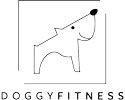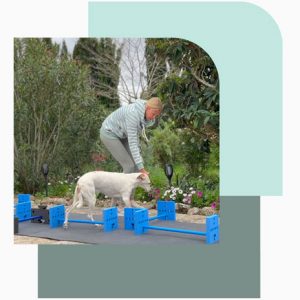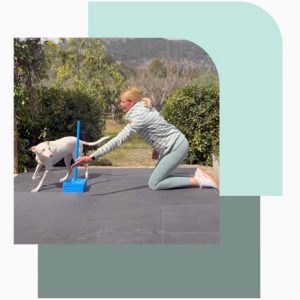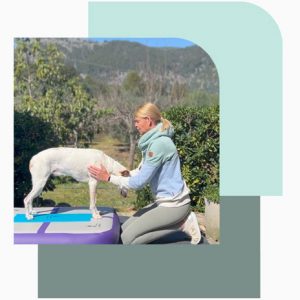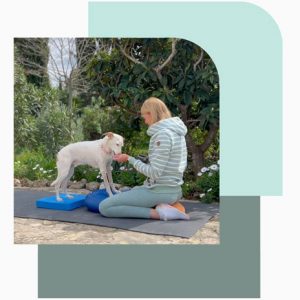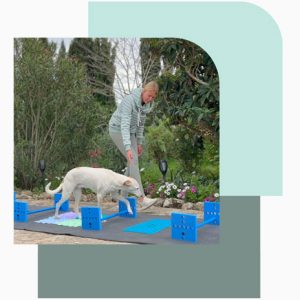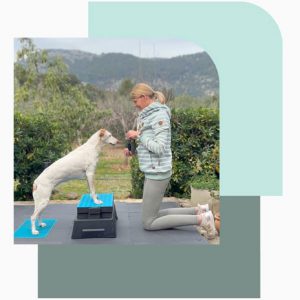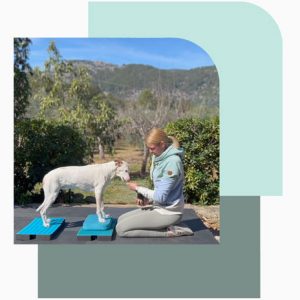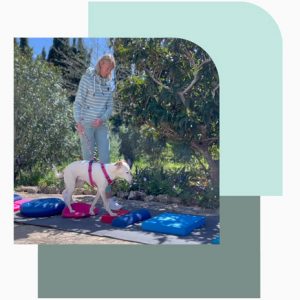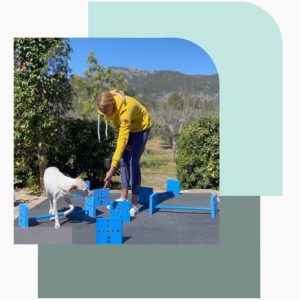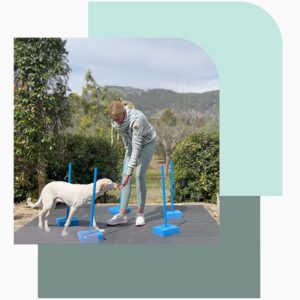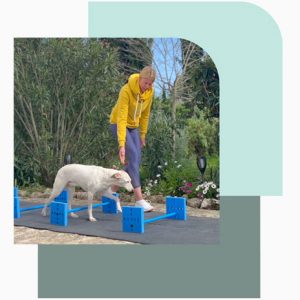Maybe you have never really consciously asked yourself this question and therefore never consciously looked at how your dog shakes. At first it sounds very strange, because what is so special about your dog shaking? My recommendation to you is to pay regular attention to how your dog shakes. Why? It can show you a lot about how your dog is feeling.
Shaking is “daily business” for our dogs. Not only when they get wet, they shake. Even if they want to “shake off stress.” Most dogs shake before going back into the house after a walk, sometimes after getting up.
For example, Tessa always shakes herself when we come back from a walk before she goes back into the house.
How does a dog shake normally?
Normally, your dog will shake evenly from the front – from the tip of the nose – to the back – to the tip of the tail. The movement is fluid and the dog remains balanced.
When is shaking considered abnormal in a dog?
Some dogs stop at about mid-back, leave out the lower back, and stop shaking. Still others get off balance when shaken. Both are noticeable and may indicate physical problems.
What are the possible causes?
If you notice either of these points in your dog, or the shaking otherwise looks oddly tense or uncoordinated, it may indicate back disease associated with back pain and neurological problems, for example. Older dogs are also often no longer “stable” and get out of balance. My advice is to have this clarified in any case!
By the way, even if you observe that your dog is shaking particularly frequently, you should get to the bottom of it. This can have both physical and psychological causes that should be investigated.
Have you ever noticed any abnormalities in your dog when he shakes? Feel free to share them with me in the comments!
All the love, your Tina
Dieser Beitrag ist auch verfügbar auf:
Français (French)
Deutsch (German)
Español (Spanish)
